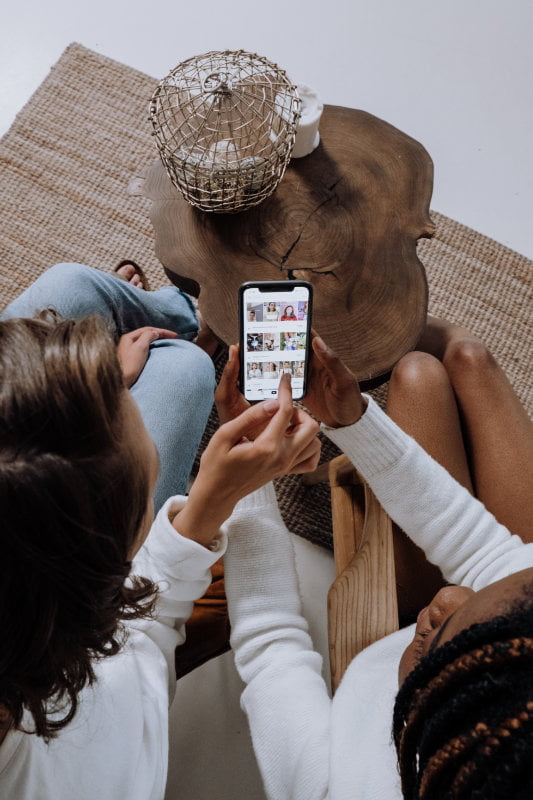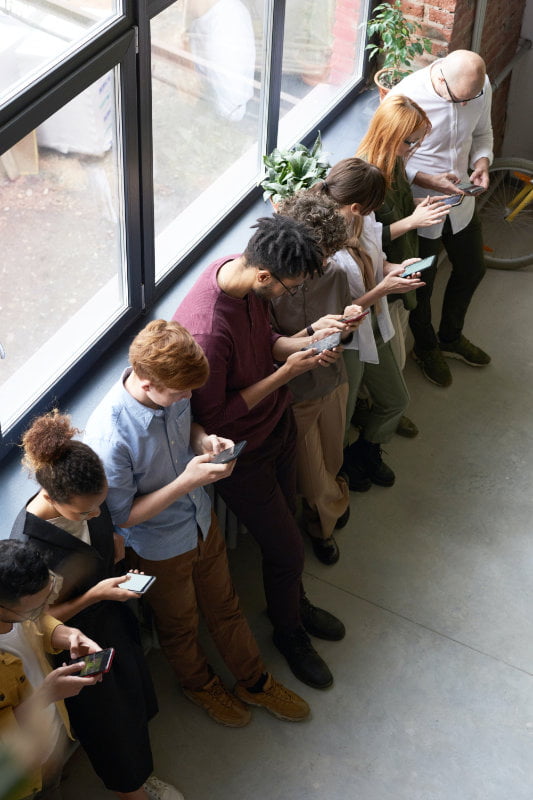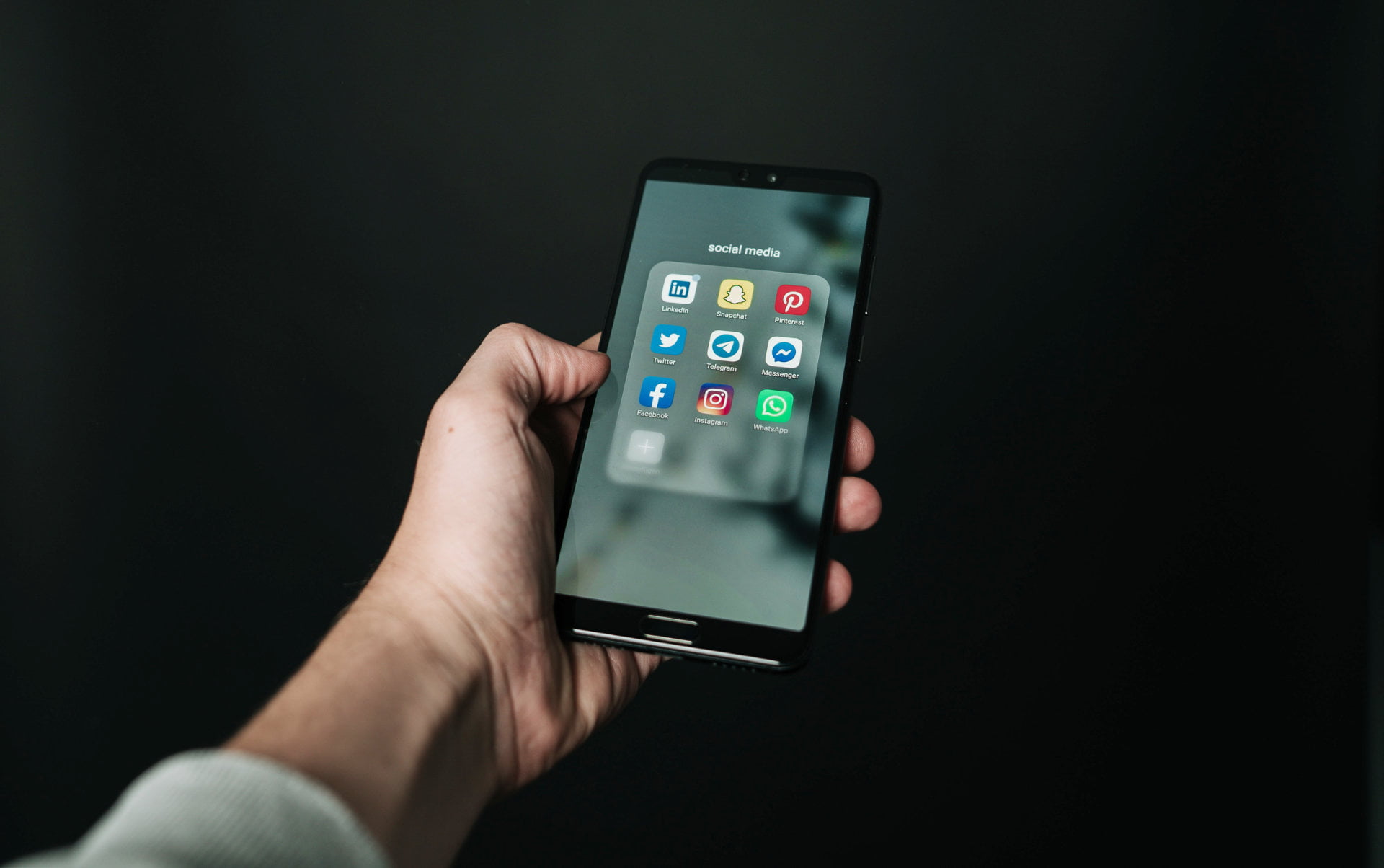The role of social media in friendship can be very complex, and it is good to understand how it impacts our relationships with others.
In this digital age, social media is now a part of our everyday personal and business lives, and it has transformed the way we connect with others, especially in the context of friendship.
From likes to friend requests, social media has created a new way of building and maintaining relationships.
We will look at the essential guide to understanding the role of social media in friendship. We will provide insights and tips on navigating social media to enhance our relationships and build deeper connections with those we care about.
The Evolution of Friendship in the Digital Age
Social media has transformed the way we form and maintain friendships.
In the past, friendships were often formed through shared experiences and connections, such as attending the same school, having the same interests, and working at the same job.
Social media allows us to connect with people worldwide who share common interests or values. Social media platforms like Tiktok, Facebook, Twitter, Instagram, and LinkedIn allow us to stay connected and in touch with old friends in school, make new ones, and expand our social networks.
Pros and Cons of Social Media
While social media has many benefits for friendship-building, it also has drawbacks.
On the positive note, social media enables us to connect with people we don’t know or might not have otherwise met, stay in touch with distant friends and family, and share our lives with others.
Social media can also be valuable for building support networks and finding like-minded individuals. I, for one, am a member of many interest groups, such as groups about entrepreneurship.
Social media can be a main source of stress, anxiety, and negative self-comparison. Using social media can lead to social isolation and loneliness, mainly if we rely too heavily on social media for our social needs.
Facebook, in particular, can be a more personal platform where we can share more intimate details about our lives with a select group of friends. This can also be a potential drawback, leading to strong feelings of exclusion or FOMO (fear of missing out) for those not part of our inner circle.
We should also be discerning about who we add as friends on Facebook, especially if we plan to share more personal posts about our lives.
It is essential to weigh the pros and cons and use them to enhance rather than detract from our relationships.
The Impact of Social Media on Our Expectations of Friendship
Social media has shaped our perceptions of what friendship should look like.
We are bombarded with images of perfect lives, perfect bodies, and perfect friendships, which can lead to unrealistic expectations and feelings of inadequacy.
It made it possible to compare our friendships with those of others, leading to feelings of envy and insecurity. It is very important to remember and be mindful that social media only shows a curated version of people’s lives and that real friendships are messy, imperfect, and require effort and commitment.

Navigating Social Media in the Context of Friendship
In this fast-paced, digital age, it’s important to approach social media with intention and mindfulness, setting boundaries and managing expectations to ensure that our virtual interactions with others are positive, respectful, and conducive to building strong relationships.
Social media is not a substitute for real-life interaction.
While social media can help us get in touch with connections, friends and family who live far away, it cannot replace the value of face-to-face communication.
Use it to enhance, rather than replace, our relationships. This might mean using social media to coordinate in-person meetups, sharing updates and photos that spark conversation and connection, or using messaging apps to stay in touch between visits.
Using social media to supplement real-life interaction strengthens our relationships and builds more profound connections with those we care about.
Be mindful of your social media content and how it might impact others.
While it is a way to express ourselves and share our thoughts and experiences, it is essential to consider how our posts might impact others.
This might mean refraining from sharing controversial or divisive content that could offend or upset others, avoiding oversharing personal details that might make others uncomfortable, and being mindful of the tone and language we use in our posts.
Be mindful enough to consider the potential long-term impact of our social media posts, as they can be difficult to erase or forget once they have been shared.
By being mindful of the content we share on social media, we can help ensure that our virtual interactions with others are positive, respectful, and conducive to building strong relationships.
Practice empathy and understanding when interacting with friends on social media.
Social media can be where people share their thoughts, feelings, and experiences. We need to approach these interactions with care and consideration.
This might mean reading and understanding someone’s post or comment before responding, refraining from judgment or criticism, and offering support and encouragement when needed.
It is also essential to recognise that everyone has different perspectives and experiences and approach social media interactions with an open mind and a willingness to learn.

Prioritise face-to-face interaction.
Prioritising face-to-face interaction, on the other hand, means meeting up with connections, friends and family in person, whether for a coffee date, a dinner party, or a weekend getaway.
By approaching social media with a discerning and intentional mindset, we can use it to enhance our friendships and build deeper connections with others.
It’s important to remember that real friendships require effort, commitment, and a willingness to embrace imperfection online and offline.
Conclusion
Social media has changed how we perceive, form, and maintain friendships.
While it has many benefits, its drawbacks include the potential for unrealistic expectations and negative self-comparison.
By setting boundaries and managing expectations, we can use social media to enhance our friendships and build meaningful connections with others.
As we navigate the digital age, remember that real friendships require effort, commitment, and a willingness to embrace imperfection.
Images Used
Photo by Magnus Mueller: https://www.pexels.com/photo/photo-of-hand-holding-a-black-smartphone-2818118/
Photo by cottonbro studio: https://www.pexels.com/photo/people-using-a-smartphone-5081918/
Photo by fauxels: https://www.pexels.com/photo/people-holding-their-phones-3184435/





0 Comments